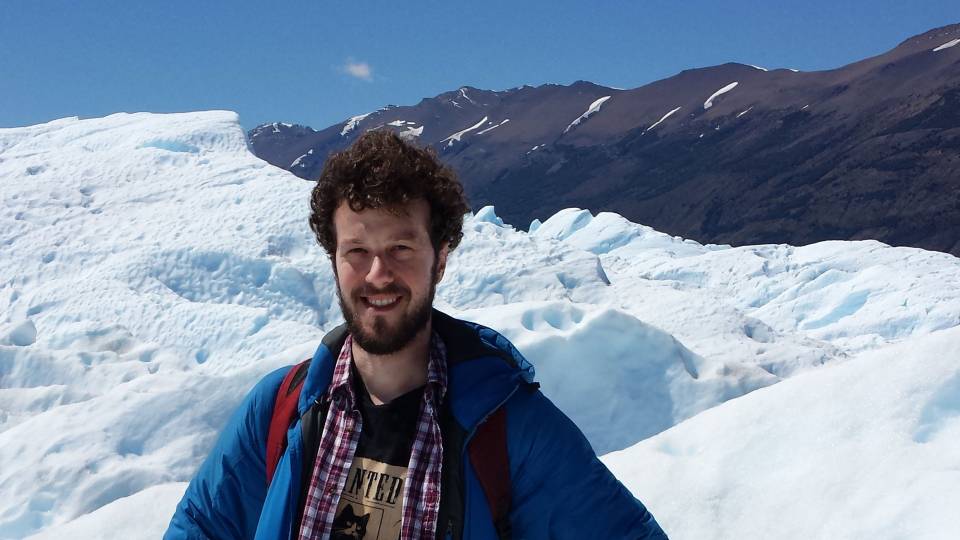A new project led by Princeton University and Stockholm University will explore how AI can accelerate innovations in line with the U.N.’s Sustainable Development Goals.
The intensive fires in the Amazon, the rapid melting of glaciers and ice sheets, and continued loss of biodiversity all illustrate that our planet is changing at a dangerous pace. At the same time, we are entering a period of unprecedented technological change.
Artificial intelligence (AI) in combination with sensor technology and robotics are likely to change the way we all perceive and respond to social and environmental changes. How can we ensure that applications of artificial intelligence help us address these urgent challenges?
On Oct. 15, Princeton University joined representatives from U.S. and Swedish academia, Swedish government, Google, Ericsson, USAID, U.N. Development Programme and U.N. Global Pulse, to launch a project(Link is external) that will explore how applications of artificial intelligence can help accelerate innovations in line with targets set by the U.N. Sustainable Development Goals.
The project — AI, People & Planet(Link is external) — is a research initiative hosted by the Princeton Institute for International and Regional Studies(Link is external) (PIIRS), the Beijer Institute of Ecological Economics(Link is external) at the Royal Swedish Academy of Sciences(Link is external), and the Stockholm Resilience Centre(Link is external) at Stockholm University(Link is external). The group aims to advance both innovative research and action, and explore the challenges rapid technological change pose for biosphere based sustainability.
AI, People & Planet’s research projects(Link is external) explore such issues as deep learning for the biosphere, human-machine ecology and systemic risks; trolls, bots and disinformation; smart cities; planet-centric business intelligence; and studies of collective action. PIIRS is involved through their Global Systemic Risk(Link is external) project.
“In a world as complex and interconnected as ours, the black box of AI represents a governance challenge. How can we make use of the opportunities provided by AI, while also making sure that we have the constraints and control needed? The potential for applications of AI for agricultural production are tremendous, but we need to make sure these do not create new unexpected risks,” said Miguel Centeno(Link is external), vice dean at Princeton’s Woodrow Wilson School of Public and International Affairs(Link is external) and the Musgrave Professor of Sociology(Link is external) and Professor of Sociology and International Affairs.
“It’s becoming increasingly clear that the world not only needs responsible AI, but planetary responsible AI,” said Victor Galaz, deputy director at the Stockholm Resilience Centre Stockholm University and one of the founders of the initiative. “We need to have a serious discussion across academia, civil society, policy and business about how AI can help expand our planetary support systems — climate stability, biodiversity and living oceans. Otherwise, these technologies may well lead to accelerated climate and ecological disruption.”
“Sweden is at the forefront of research and development in artificial intelligence, but it is only through strong partnerships between business, academia and government that we can unleash AI’s full potential and realize the social and economic benefits we hope to achieve,” said Annika Rembe, consul general of Sweden in New York.
The kickoff event took place Oct. 15 at the Swedish Residence in New York City. For more information, visit the AI, People & Planet website(Link is external).






